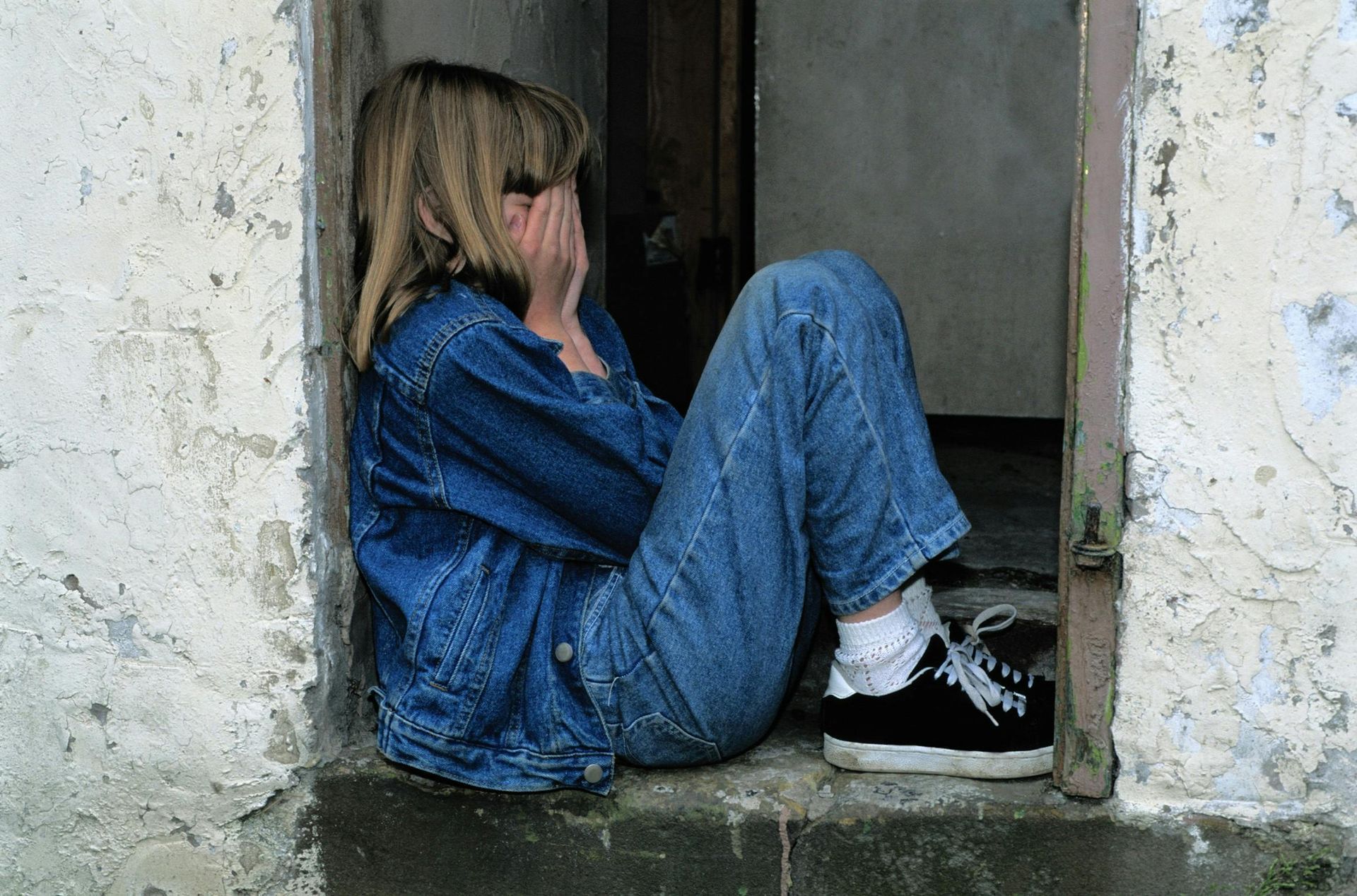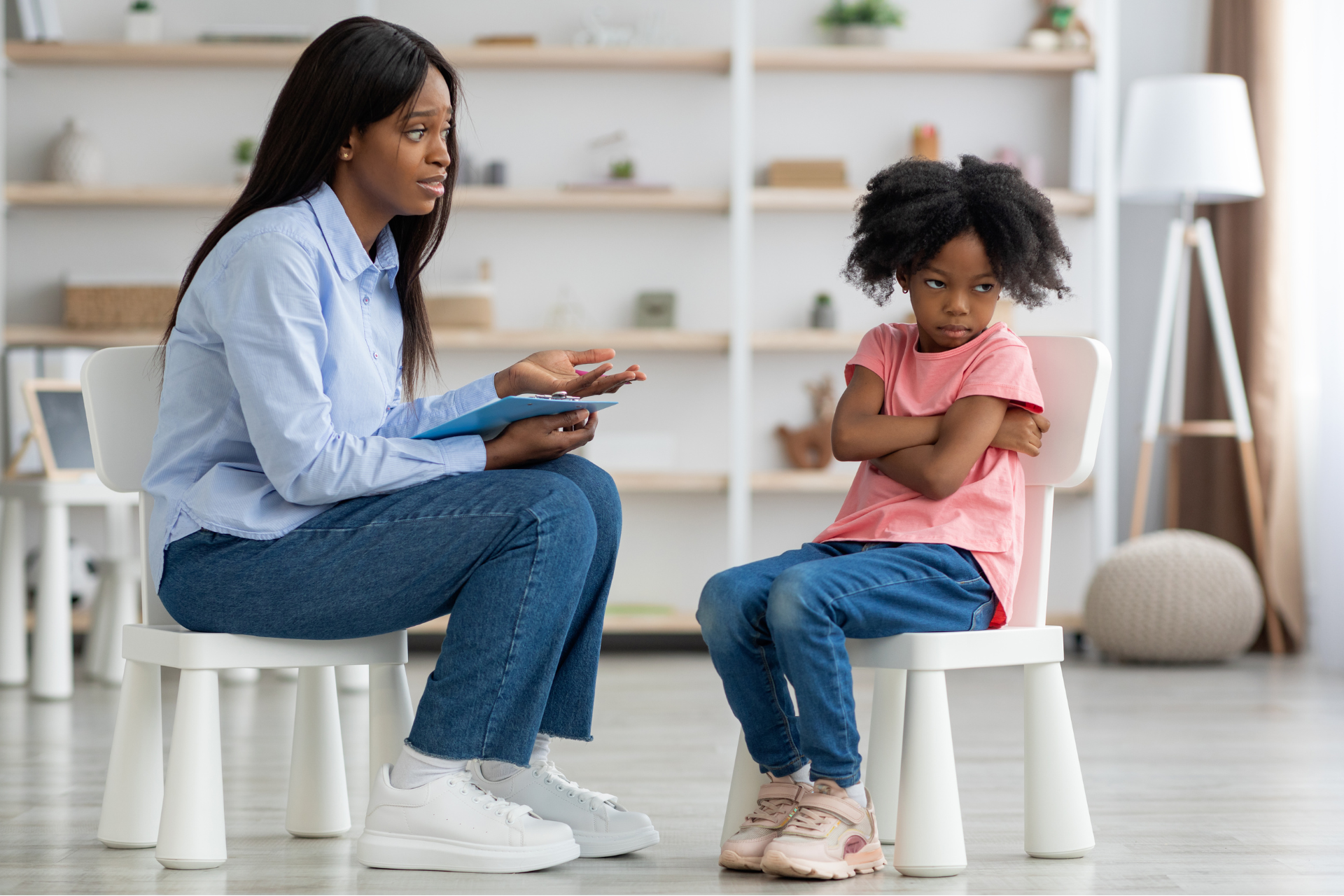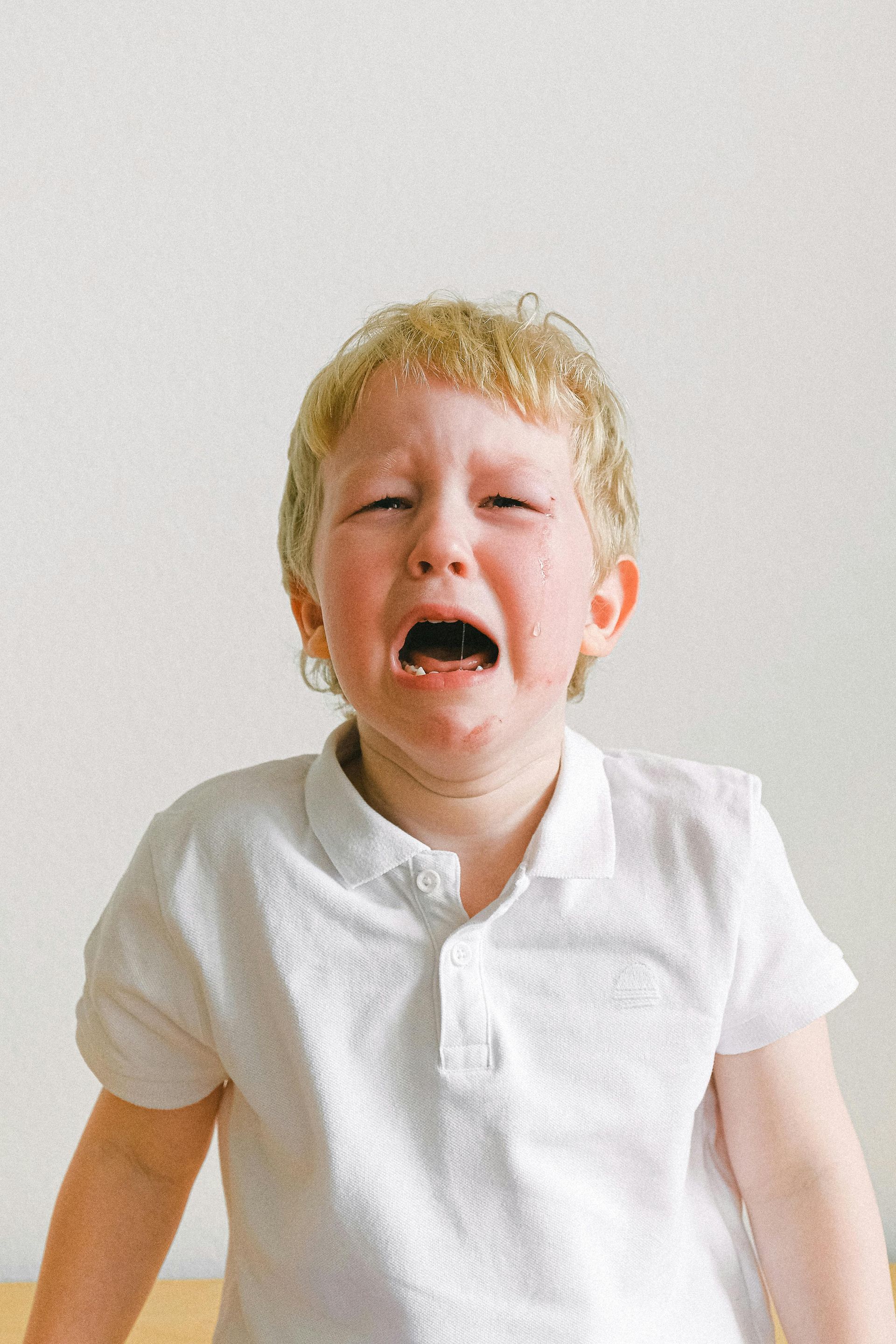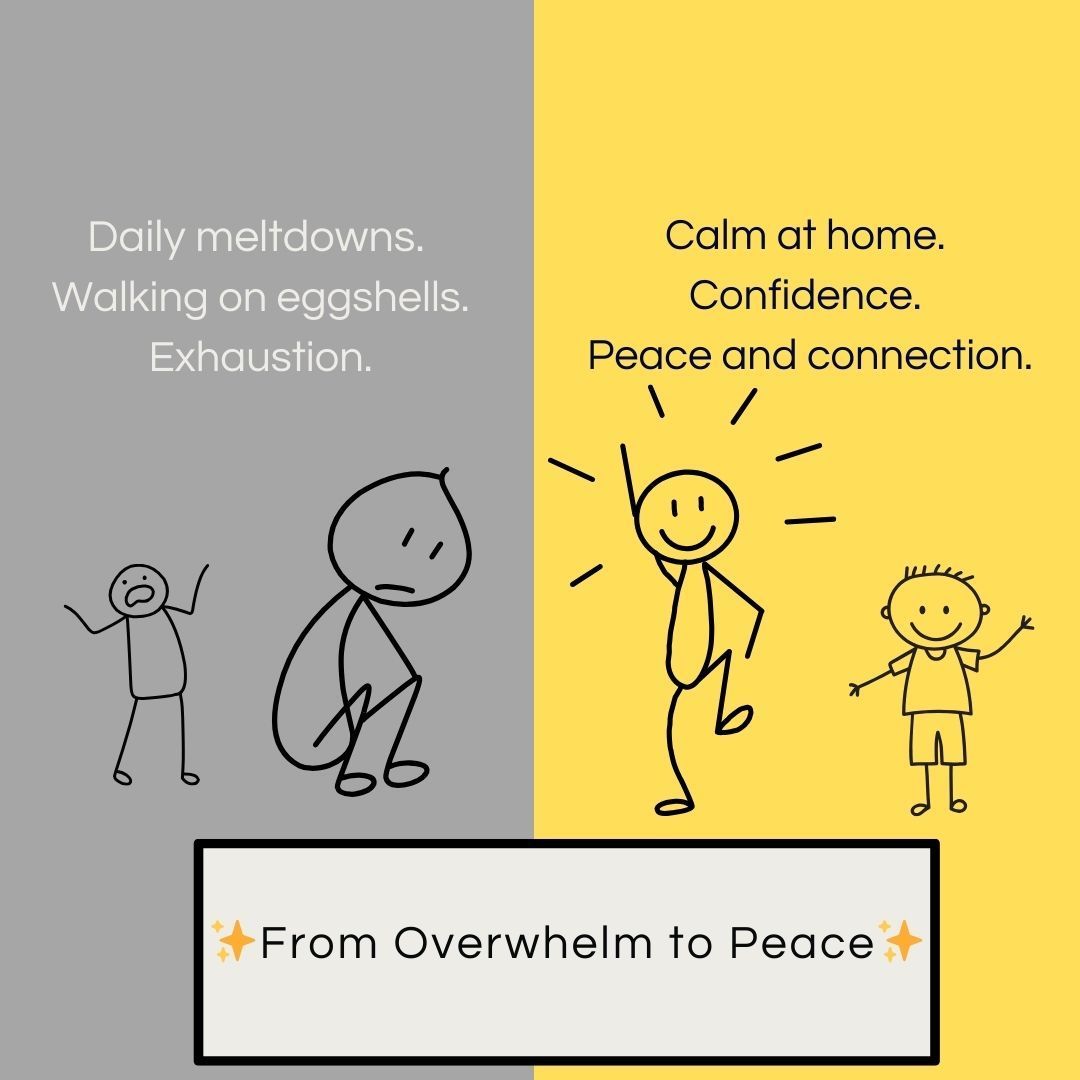5 Ways I Overcame Self-Criticism as a Parent
How I stopped criticizing, and started loving myself as a mom
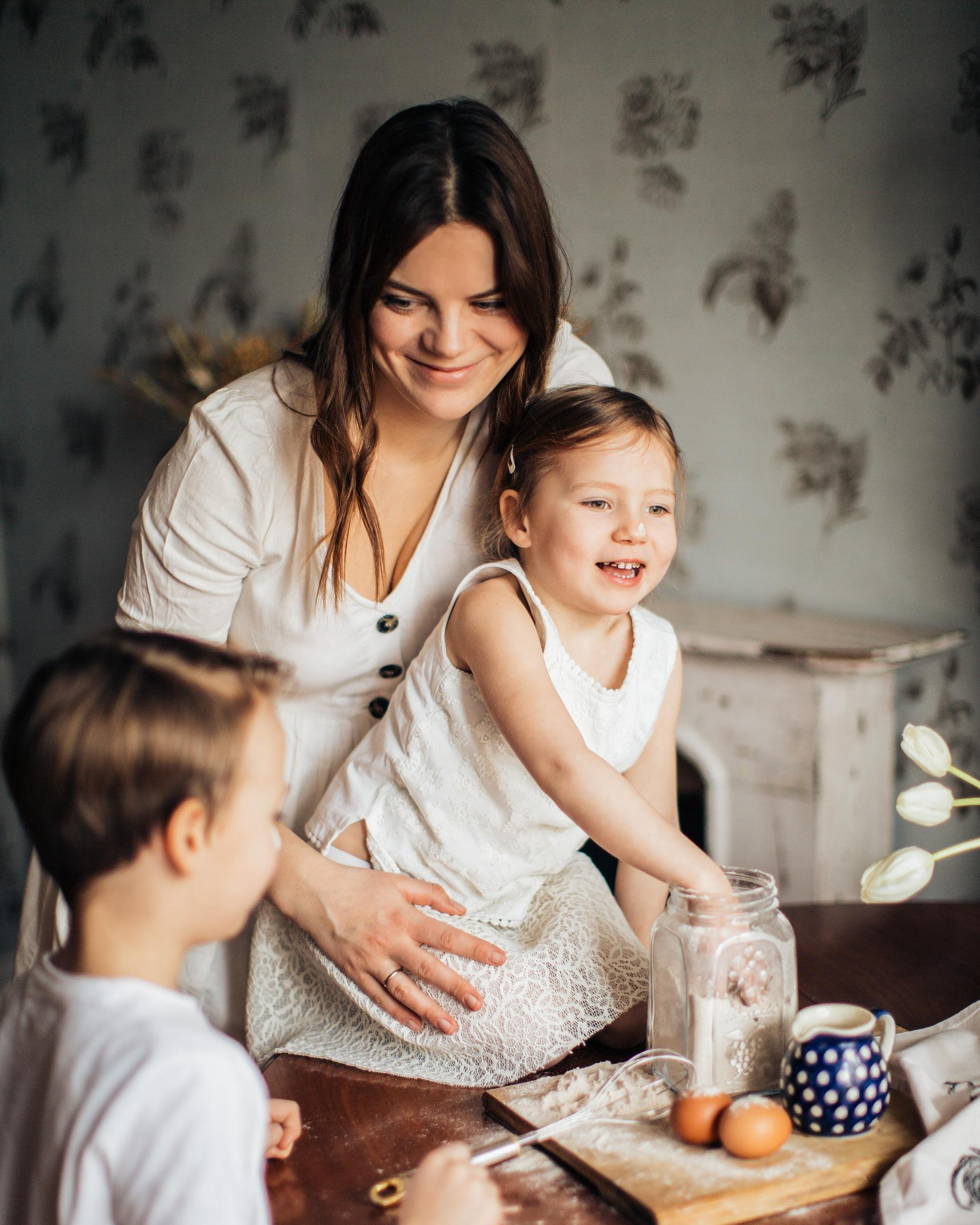
Accepting myself as a parent has been a journey. But totally doable for me, and 1000% worth it.
Here is how I stopped criticizing myself, and started loving myself as a parent.
1. I embraced that "No one knows how this is supposed to look" in parenting.
I find this immensely freeing. And reassuring.
In the history of the world, there has never been a family just like mine. Or just like yours.
So what works for my family, might not work for yours. And vice versa.
There is no correct way I HAVE to do anything. I sometimes ask other families what worked for them, and I listen to different ideas. But those parents are not me, and those kids are not my kids. Those ideas might not fit my family at all.
Letting go of thinking there is a right way for parenting to look has allowed me to stop judging myself, and to simply enjoy the ride.
2. No, really. There is no CORRECT WAY to do things in parenting. I'm a pediatrician. Believe me, I've checked this!
I could quit my job tomorrow and raise my kids on a bus, and I could still raise wonderful, thoughtful, caring human beings.
Really.
So I can stop feeling bad about the ways that my family looks different than other families.
I can stop worrying that I am *supposed* to be different than I am.
I can stop believing that my kids are *supposed* to be different than they are.
If my kids feel listened to, and feel like they are allowed to be themselves, I am doing great. The rest is just gravy.
3. I stopped needing my parents to approve of my parenting.
This was such a trigger for me.
I am intentionally parenting differently than I was parented. These are decisions based on my values and deepest held wishes.
And yet, like most children, I still want my parents approval around most things. And conversely, my parents probably want me my acknowledgement that they were good parents as well.
So when my mother sees me parenting differently, she may feel indirectly criticized. She may feel like I am am saying she was not a good parent.
Well, I am here to tell you that no one has ever done their best parenting while feeling judged and criticized. So I needed to find a way to make my find my own voice in parenting, separate from my parents and their feelings.
For me it took getting parent coaching myself to release the baggage I was carrying about my own childhood and how I felt about it. But I needed to feel free to make my own decisions, based on my unique family. And it's made all the difference.
4. I found community with other conscious parents.
For me, parenting has been as much a journey of self-discovery and growth as it is about raising children.
I have had to learn as much about myself and my needs, as I have had to learn about my kids and their needs.
I have found this to be profoundly humbling, stressful and triggering at times.
But I found that it was a lot easier with a community of other parents where I could be honest about my challenges without being judged. I needed to know that other parents had similar values, and that we could encourage and nurture each other.
5. I realized my kids won't always listen, and I think that's great.
Yup. My kids are generally cooperative and helpful.
In fact, since I embraced peaceful parenting, they have become so much more cooperative than before.
But it still happens occasionally that they just don't listen. For whatever reason.
And I'm OK with that.
I decided a healthy RELATIONSHIP with my child was more important than CONTROLLING my child in the moment.
It's a trade-off. Could I force them to do what I want in the moment? Probably.
Through a combination of threats and punishments, a powerful person (a parent) can often force a less powerful person (a child) to do all sorts of things they don't want to do.
But it defeats the long-term goal, which is to have a wonderful, trusting, mutually-respectful relationship.
So I am actually so much happier knowing that my children listen because they WANT to, not because they fear me.
And that kind of cooperation just feels so amazing as a mom.
So that's it. Those are the 5 ways I overcame self-criticism as a parent.
What about you?
Stop beating yourself up about what you think your family should look like.
My kids don't always listen to me, and I'm completely thrilled about it.








